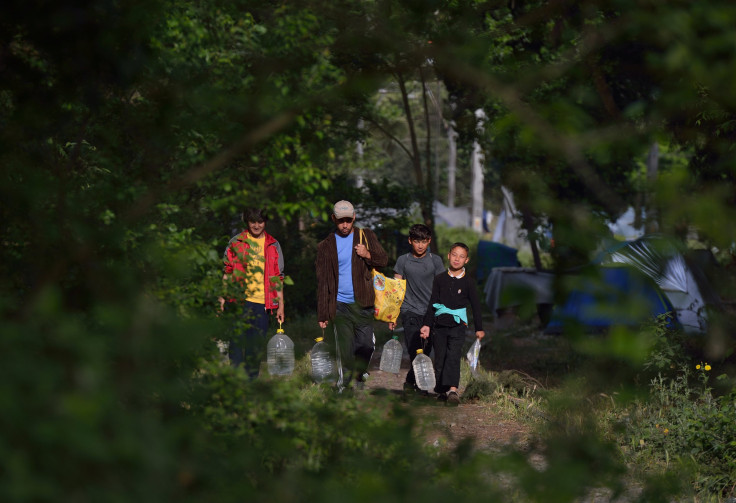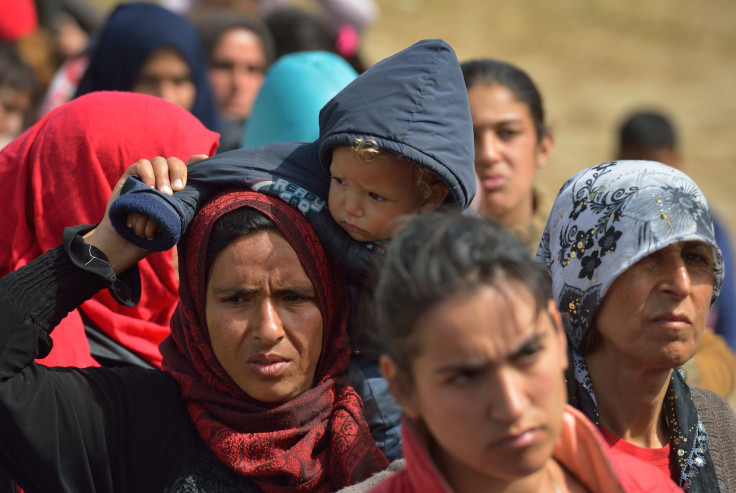Europe Refugee Crisis: Greece To Receive $793M In Aid From European Union

The European Commission, the administrative arm of the European Union, will provide Greece with 700 million euros, or approximately $793.4 million, from now until 2018 to cope with an ongoing refugee crisis, the Associated Press reported Tuesday. This will be the first time such humanitarian funding will be given to a fellow European Union member, and it will primarily go to aid organizations that are already working on the ground in Greece.
UNHCR, the Danish Refugee Council, the International Rescue Committee, Save the Children and the International Red Cross are among the groups that have been designated to receive part of the first allotment of 83 million euros.
Greece has become a flashpoint for the crisis in Europe over the past year. More than 1 million people illegally crossed into Europe in 2015 alone, with some 800,000 of them arriving via Greece. The eastern Greek islands have been a popular point of first arrival for asylum-seekers as the islands are situated just a few miles from the shores of Turkey, where many refugees of a five-year civil war in Syria have been living temporarily.

With such an influx of people, Greek authorities have struggled to provide adequate food, shelter and sanitary conditions for the hundreds of thousands of people who have passed through their country, and Greece has relied heavily on aid organizations. The situation in Greece has grown more complicated following a deal between the EU and Turkey in March that stipulates all new arrivals to Greece must either apply for asylum in the country or risk being sent back to Turkey.
In 2015, Greece had been simply documenting, fingerprinting and photographing refugees before allowing them to continue to the country they wanted to settle in, usually Germany or elsewhere in northern Europe. The agreement has caused a bottleneck of people, particularly along the border with Macedonia at a makeshift camp in the village of Idomeni where conditions are reportedly dire, with high rates of bronchitis and pneumonia among refugees and economic migrants.
© Copyright IBTimes 2024. All rights reserved.












